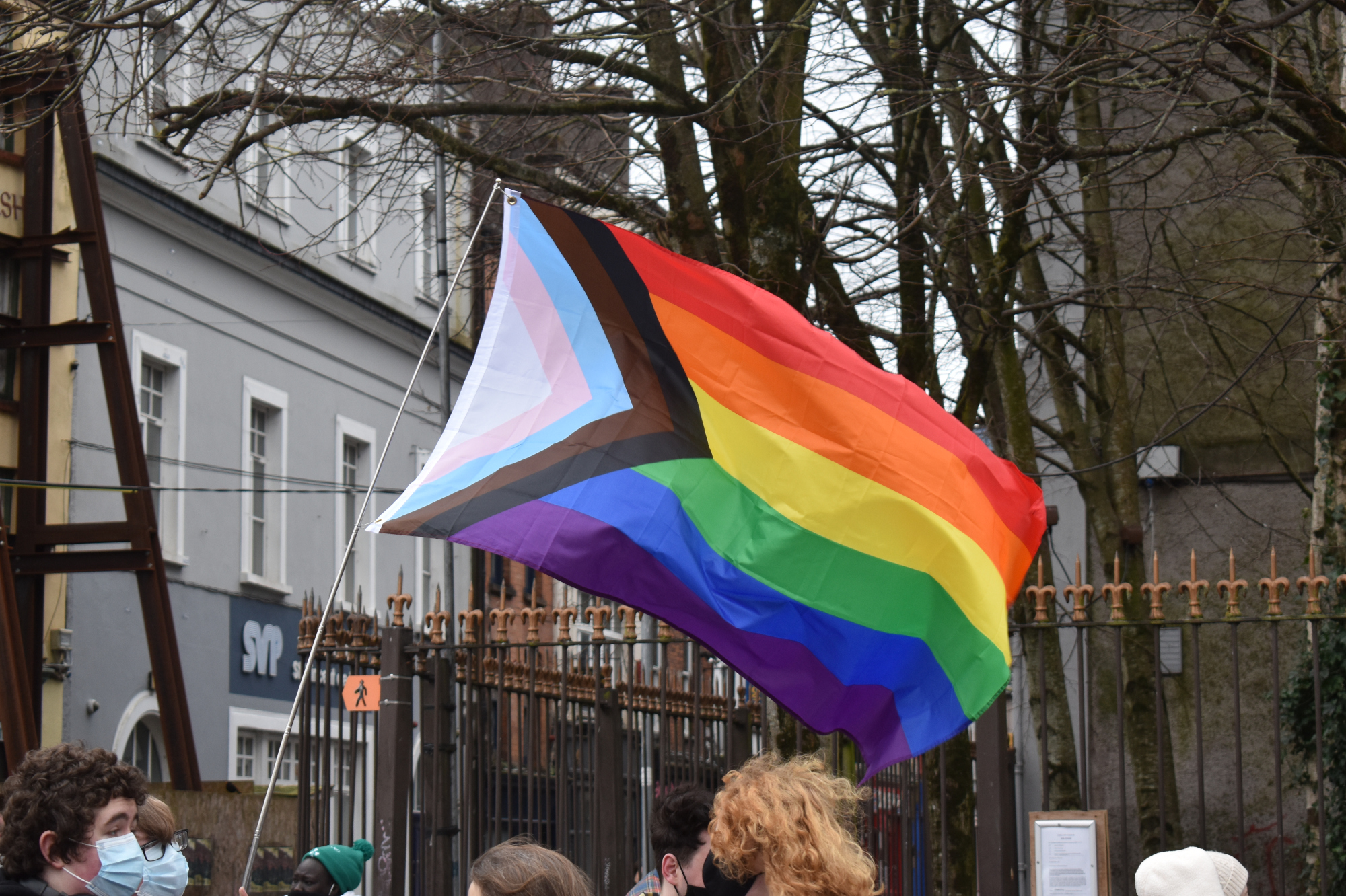UK to tighten rules for foreign gender recognition certificates

The UK government is set to narrow the list of countries and territories from which it will accept legal recognition of transgender identities.
The move, which has been condemned by LGBT+ campaigners, comes amid an escalating row between the UK and Scottish governments over reform of the gender recognition process.
Under the Gender Recognition Act 2004, a person whose gender identity has been legally recognised in a country or territory on the approved list can more easily obtain a gender recognition certificate (GRC) in the UK.
However, Kemi Badenoch, the minister for women and equalities, yesterday told MPs that a number of countries and territories had changed their gender recognition processes since the list was last updated in 2011 and “would not now be considered to have equivalently rigorous systems”.
She said the inclusion of countries and territories with more liberal rules “would damage the integrity and credibility of the process of the Gender Recognition Act” and that a statutory instrument would be drafted to remove a number of countries and territories from the list.
The 2004 Act, which was introduced in response to rulings from the European Court of Human Rights, requires a person applying for a gender recognition certificate to provide a panel of doctors and lawyers with evidence including a medical diagnosis of gender dysphoria and proof that they have lived in their intended gender for at least two years.
Plans developed by Theresa May’s government to replace the process with a self-declaration system — comparable to the process of changing your name — were formally abandoned in 2020 and the UK government has strongly opposed similar reforms approved by the Scottish Parliament late last year.
Ms Badenoch previously said she is considering whether to intervene to prevent the Scottish legislation from being signed into law on the basis of its potential impact on the operation of equality law in Scotland and on the rest of the UK.
Ireland, which is not included on the approved list of countries and territories, introduced a gender recognition process based on self-declaration in 2015.
In a statement, LGBT+ charity Stonewall castigated plans to narrow the approved list as “a disgraceful low for the UK government’s approach to LGBTQ+ rights”.
The charity continued: “Trans people from countries like Canada, Australia and New Zealand have had their gender recognition certificates respected by the UK for years. Seeking to end this system is an extraordinary move, not based on evidence or experience, that will effectively serve as a ‘trans travel ban’.
“Ending recognition of GRCs from as many as 14 countries who are our close allies and seeking to block implementation of the Scottish GRR Bill have significant consequences for trans people who are directly affected. But this also sends a message that the UK government sees trans people as a threat to be contained, not citizens to be respected.
“These moves cut against the inclusive values that characterise modern Britain and will actively harm the UK’s international reputation as an open, diverse and dynamic society — one of the reasons why global corporations that proudly support LGBTQ+ rights are attracted to doing business in the UK. They will have significant political consequences in the UK and internationally.”





